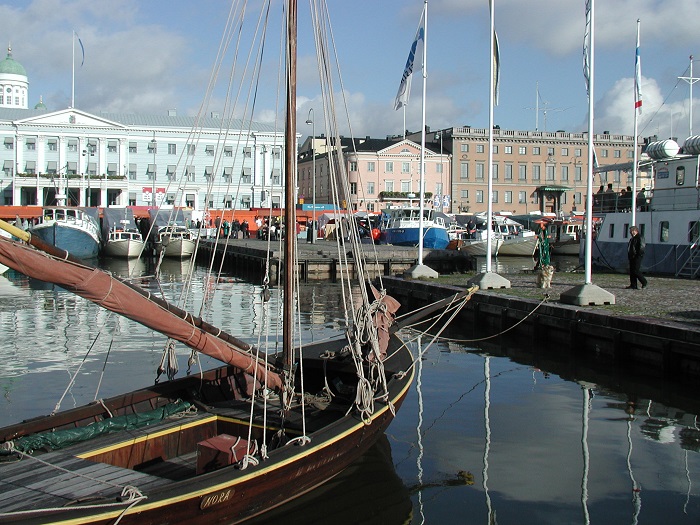European fishermen fear major blow of hard Brexit
Published : 06 Jul 2017, 23:19
Updated : 07 Jul 2017, 02:30
Britain's decision to terminate fishing rights enjoyed historically by vessels from five of its European neighbors sends an alarming political signal that the British government is heading for hard negotiations on fisheries, said Gerard van Balsfoort, chairman of the European Fisheries Alliance (EUFA).
The prospect was pointed out by British Environment Secretary Michael Gove last week when he announced his country's decision to trigger the two-year process of leaving the 1964 London Fisheries Convention. This means fishermen from Netherlands, France, Germany, Belgium and Ireland would no longer have access to within 6 to 12 nautical miles off the British coast.
Gove also stated that once Britain left the EU, it would be able to extend control of its waters to 200 miles, or to the median line between Britain and France or Britain and Ireland.
"What causes major concern is whether the British government opts for blocking access to EU vessels within 12 to 200 nautical miles of British shores," said Van Balsfoort, "Closure of the 12 mile zone is a modest loss, but any closure of the 200-mile zone would have a negative impact of a completely different order."
Agreements on the 200-mile zone are laid down in the EU Common Fisheries Policy, which is part of the Brexit negotiations. It entitles EU member states to fish in each other's national waters, while each country is given annual geographical quotas for the amount of every species allowed to fish, on the basis of scientific advice to ensure sustainability of fish stocks and protection of fishermen's jobs.
Britain's withdrawal from the EU means Britain can assert control over its 200-mile exclusive economic zone (EEZ) and deny access to European boats within 12 to 200 nautical miles of British shores.
Britain's neighboring coastal countries rely heavily on access to its waters. EUFA, the Brussels-based coalition of national fishing organizations, represents 18,000 fishermen from these states.
Total catches of the EU fleet in the British 200-mile zone have averaged 647,000 tonnes a year, with a value of 548 million euros (624 million U.S. dollars) a year over the last ten years.
"If Britain indeed bans access to its EEZ, it would be the first time one country would claim sole authority over fisheries management in parts of the North Sea," the Dutch chairman of EUFA told Xinhua.
EUFA estimates that 42 percent of catches (in volume) were caught by EU vessels on average over the last ten years in what post Brexit will become British waters. Depending on specific species and specific fleets, this percentage rises to 60 percent or more. EUFA also warns that up to 6,100 jobs could be lost across the EU fisheries sector in case of a hard Brexit.
For their part, under the EU Common Fisheries Policy, British fishermen can cast their nets on, for example, the Dutch or German part of the North Sea. But British fishing fleet extracts only 20 percent of its fish from EU waters outside its own EEZ.
"The waters around the British islands in North Sea and Northeast Atlantic are rich fishing grounds," explained Van Balsfoort. "But you cannot draw a line in the sea as 90 percent of fish stocks shared among Britain, EU and Norway migrate."
He argued that European fleets have been fishing in UK waters for centuries long before the 1982 UN convention on the Law of the Sea (UNCLOS) set out the concept of 200 mile EEZ.
European countries and Britain worked together on fish stocks management long before the entry into force of both UNCLOS and the United Nations Fish Stock Agreement (UNFSA).
"The allocation of fish quotas between European coastal states was established in 1983, ten years after the accession of Britain to the EU after many years of negotiations and the basis for the distribution was the actual catches in the period between 1973 and 1978," added Visser.
But the British do not hold all cards on the Brexit bargaining as "their fishing industry depends heavily on the EU market with 60 percent of their fish catches exported to the bloc's countries," Van Balsfoort said.
He expected the need for continued trade in fish with the EU would balance British claims for full control over their territorial waters and help them stick to the status quo on access and quota shares.
In case Britain opts for a hard Brexit on fisheries and forces the EU to adopt new regulations, Van Balsfoort believed that it would lead to greater competition among EU fleets. "The bigger the stone you throw in the water the more ripples you get," he said.


